In fragile education systems, the conversation often revolves around numbers: more schools, more teachers, more students enrolled. But what if the real shift we need is not about more, but about different?
When I first entered a classroom in Guinea-Bissau more than a decade ago, I found students eager to learn but limited by teaching that relied almost entirely on memorisation. Many of them were the first in their families ever to go to school. Their teachers worked hard but lacked the training and tools to help these children succeed in today’s world. That moment convinced me that the future of our education system and indeed of our country would depend on preparing teachers differently.
Today, I serve as director of the Teacher Training College DNS Bachil at ADPP GUINÉ-BISSAU, a part of Humana People to People’s network of 55 colleges worldwide, 33 of them in Sub-Saharan Africa. My work with students and communities convinces me that the future of education in fragile contexts depends not only on systems and policies, but on the kind of teacher who stands in front of a class.
Teacher education across West Africa varies somewhat by country yet shares troubling similarities: low literacy rates, teacher shortages, inadequate infrastructure (schools, electricity, books), and persistent gender disparities, especially in rural areas. In Guinea-Bissau alone, nearly 40% of primary-aged children are out of school, and more than half of adult women cannot read or write. Many classrooms continue to depend on rote memorisation. In this context, we risk perpetuating a cycle of low learning outcomes and disengaged students. To break the cycle, we must start where learning begins – with the teacher.
In countries facing structural limitations, what truly matters is not only having teachers in classrooms, but having the right kind of teachers, teachers trained for the world as it is today, and the one we hope to build tomorrow. After all, teachers should not just be promoters of knowledge, but also of development, equality, health, and more.
At DNS Bachil, we promote this alternative vision for the training of future primary school teachers. Our three-year program goes beyond the traditional requirements, ensuring teachers are not only academically competent but also prepared to live, work, and lead in rural settings, contributing to long-term educational equity and social development. Teachers learn to be educators inside the school and catalysts for development in their communities.
Consider the story of one of our graduates. Fatuma Candé, in her classroom, prioritises students’ emotional well-being, beginning lessons with motivation through song, storytelling, or play. She organises pupils into small groups to encourage dialogue and critical thinking, grounding abstract lessons in examples from her country and the wider world.
Her work also extends into her community. In Sampaiaio, Gabú region, she launched a vegetable garden club and a women’s literacy group. Within six months, 57 women had gained basic literacy and numeracy skills, while also improving household diets. The garden has reduced malnutrition, which affects 27% of children in rural Guinea-Bissau, and provided income through sales to female vendors (“Bideiras”) who supply local markets. Fresh produce is also shared with nearby schools, strengthening meal programs for children who often walk up to five kilometres to attend class. This is a vivid example of how a teacher, trained differently, can transform not only a classroom but an entire community.
These kinds of results are not unique to Guinea-Bissau. Across the Humana People to People network, innovative teacher training models are being applied to meet urgent needs:
In Mozambique’s Zambézia Province, ADPP Mozambique is training nearly 1,200 teachers (900 in-service and 320 pre-service) to remain effective in disaster-prone areas, benefiting an estimated 48,000 students. Teachers are equipped with psychosocial support skills, disaster-adapted pedagogy, and digital learning tools to ensure that education continues even during floods and cyclones.
In Malawi’s Dowa District, DAPP Malawi has introduced the TRIO system, which groups students in teams of three to foster peer-to-peer learning and reduce the strain of high teacher-to-student ratios. This approach is already enhancing classroom engagement and strengthening school–community cooperation through Parents and Teachers Associations, mother groups, and local education committees.
Together, these initiatives demonstrate how education cannot be separated from development. If we want real, lasting change in health, economy, and equality, it starts in the classroom, with another kind of teacher.
Let us challenge ourselves to rethink the kind of teachers we are forming. Because no education system can rise above the quality of its teachers, and no student can thrive without someone who believes in them. In Guinea-Bissau and beyond, another kind of teacher is not a luxury, but a necessity. They are the foundation of sustainable progress.
This year’s World Teachers’ Day on 5 October 2025 is an opportunity to celebrate and reaffirm the central role of teachers in shaping futures. This is what Guinea-Bissau needs. This is what Africa needs. And this is the transformation required to achieve a truly revolutionary education.
About the Author
Oceano Sanhá Tchongo is an experienced educator and school headmaster with a strong background in pedagogy, community engagement, and educational leadership. He holds a Licentiate Degree in Pedagogy (2016–2020) and is currently pursuing a Master’s degree in
Pedagogy and Didactics via distance learning (2022–2025). His early education was completed in Zimbabwe, followed by primary teacher training in Angola (2009–2011).
Since 2019, he has led Bachil Teacher Training College, overseeing curriculum development, teacher training, and community programs. He has coordinated projects in partnerships with the Dutch Embassy and UNFPA, and is passionate about expanding access to quality education and children’s rights.
With experience across Angola, Guinea-Bissau and Zimbabwe, Oceano has developed a deep understanding and appreciation for cultural diversity, which he has applied to strengthen the training of rural primary school teachers.


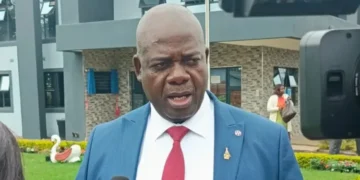
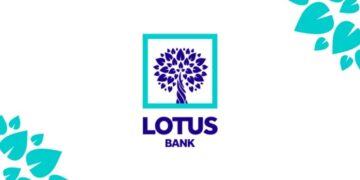
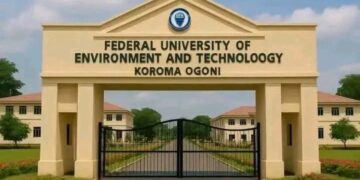
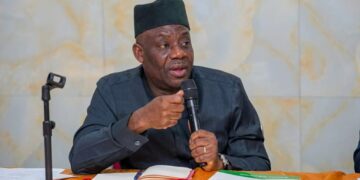
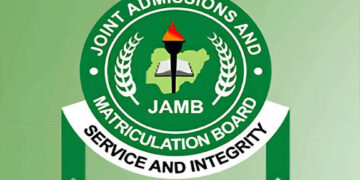
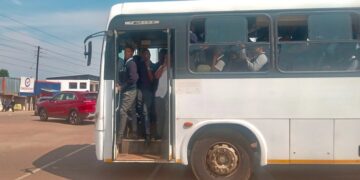






















































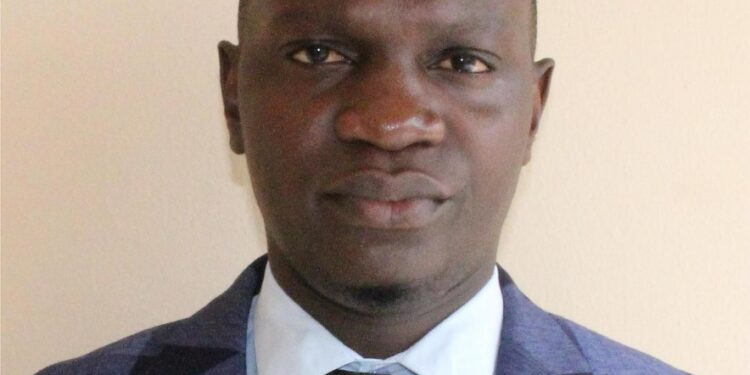




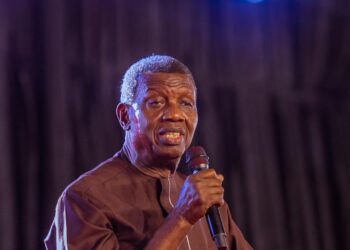
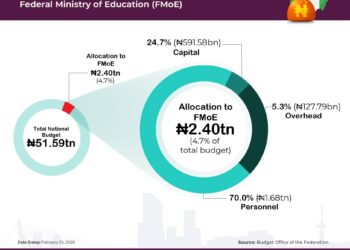
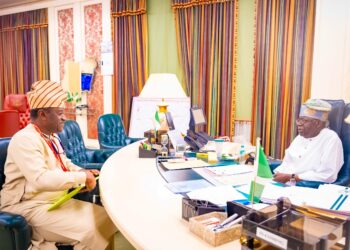
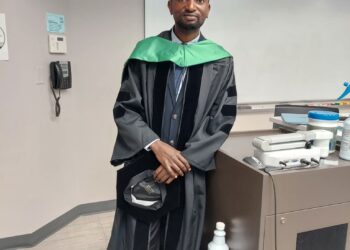
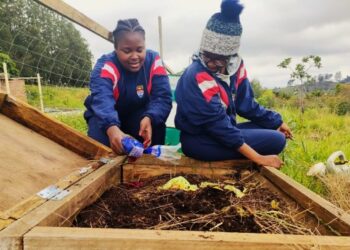
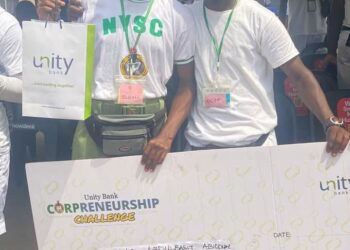










 EduTimes Africa, a product of Education Times Africa, is a magazine publication that aims to lend its support to close the yawning gap in Africa's educational development.
EduTimes Africa, a product of Education Times Africa, is a magazine publication that aims to lend its support to close the yawning gap in Africa's educational development.